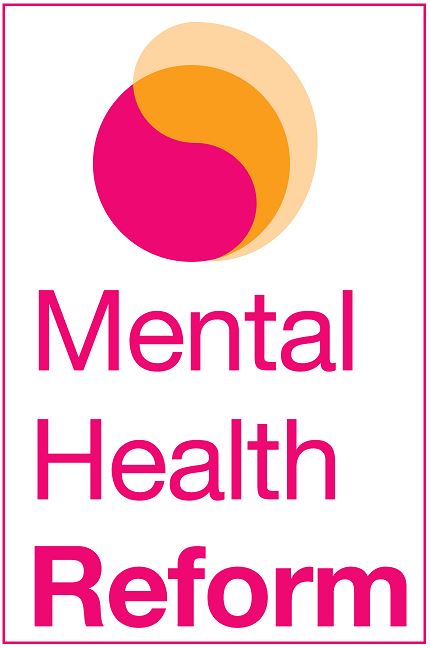Mental Health Reform, the national coalition on mental health in Ireland, has today expressed serious concern following a report by the Mental Health Commission which highlights the provision of “unsafe and substandard” mental health services. The Commission goes on to say that the lack of any progress on these issues “undermines the fundamental human rights of people using mental health care services.” Addressing the report, Director of Mental Health Reform, Shari McDaid, said,
“The Commission’s damning report of mental health services this morning clearly demonstrates the human impact resulting from the Government’s continued failure to act on updating Ireland’s mental health law or investing adequately in mental health services so that they can be delivered in a safe way.”
“It has been over 3 years since the Government committed to changing Ireland’s mental health law so that a person’s fundamental rights could be adequately protected. Yet today, HSE community residences continue to be unregulated, people are facing unnecessary seclusion and restraint, involuntary patients still do not have the right to have their advance wishes about treatment respected, voluntary patients still do not have basic rights to information about their treatment, the list goes on.”
Dr. McDaid concluded, “If the Government are serious about protecting people’s rights and providing quality mental health services, they must intervene now as a matter of priority, and urgently update our mental health law so that people can feel safe accessing the services they require. It is also essential that significant investment is made, above and beyond the €55M already committed for services in Budget 2019, so that mental health services, after decades of neglect, can catch up with the rest of the health service.”
Mental Health Commission’s Report Key Findings:
- The inappropriate admission of children into adult mental health in-patient services.
- Inadequate staffing and variable funding in community child and adolescent mental health services, leading to unacceptable waiting times, and forcing young people into emergency services.
- The continuing inability of some services to put in place an individualised care plan and therapeutic programme, which are the cornerstone of a recovery focussed person centred service as per national policy.
- The widespread use of restrictive practices such as seclusion and physical restraint as a normalised behaviour in services which lack sufficient numbers of staff and/or appropriately trained staff.
- The fundamental and careless lack of attention to basic issues such as dirty and dilapidated premises, which do not ensure adequate privacy and where there has been a disappointing drop in compliance from already low levels.
- The provision of services to vulnerable people with long-term mental illness who are accommodated in 24-hour community residences that are not subject to regulatory oversight.
Resources:


